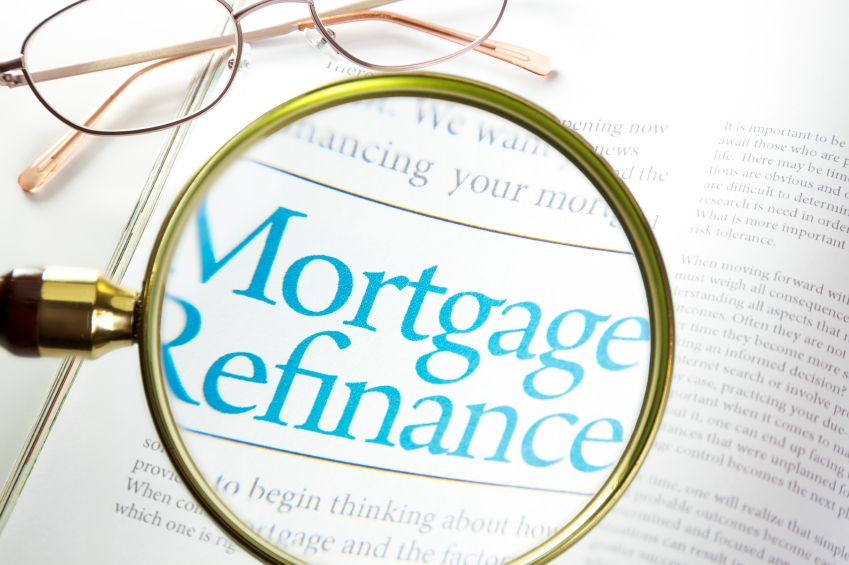Should you refinance early in order to benefit from low rates?
Are you considering refinancing your mortgage? Early refinancing has become a bit of a trend; not surprisingly though, everybody is aiming to save money where they can. Securing a new loan with far better interest rates for your home might mean saving money on monthly low mortgage rate payments, or utilizing the extra money on other ventures like remodeling or making investments.
Does Everyone Profit from Refinancing?
The decision to break an existing mortgage should not be taken lightly. Despite what the advantages appear to be on the surface, there are penalties associated with refinancing; penalties that could potentially leave less change in your pocket than you had anticipated.
34% of those who recently renewed or renegotiated their best Canadian mortgage rate did so prior to their term expiring. The average time to pay off a mortgage is 7.4 years less than the original amortization. (Source: CAAMP).
Do Your Research and Speak with a Low Mortgage Rate Specialist
If now is not the time to refinance, bear in mind that mortgage brokers can review your best mortgage rate at any time, so it is always possible to do something about your mortgage when you are prepared. Request your broker to conduct a mortgage analysis to find out if renewing your loan at a lower rate is worth it.
Determine What Your Penalties Are
Until recently, the main penalty you would likely ever need to pay was 3 month’s interest. If you have a fixed rate, financial institutions now also take a look at the Interest Rate Differential (IRD) and will charge the greater of the two.
Find out If It’s Worth It
Penalties can surely get expensive, however that does not suggest it is not worth exploring. In order to keep your company, financial institutions can take 15 % off the balance of your mortgage to calculate the penalty, as opposed to using the full amount, leading to a lower overall penalty fee.
In many cases, banks will provide a blended rate for the remainder of your mortgage period. Your penalty will depend on your lender and how well you can negotiate.
Blended Rate:
It merges your present mortgage at its existing rate with any additional money you borrow at the current rates. Doing this enables you to benefit from existing lower rates without needing to pay a penalty. Nevertheless, some banks could use the posted rate, as opposed to the lower rates to determine your new blended rate.
What You Will Need to Qualify
In order to qualify for refinancing you will need to have at least 10 % equity in your house. Both you and your mortgage advisor are able to find out if long term savings outweigh the penalty.


